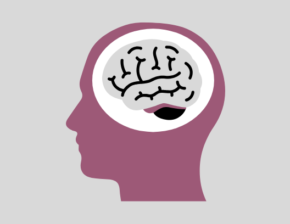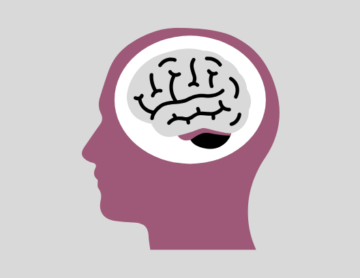During Mental Health Awareness Week, it was refreshing to see helpful media coverage and dialogue about encouraging good mental health in and outside of work.
However, we still have a long way to go to truly de-stigmatise mental illness within our society, communities and workplaces. By way of example, eating disorders are serious mental illnesses that are frequently misunderstood and hidden from many employers. There is still a commonly held misconception that they are lifestyle choices of female teenagers. However, according to the charity Beat, at least 1.25 million people in the UK have an eating disorder, including 25% who are male. Anyone can develop an eating disorder, regardless of their gender, sexual orientation, age, race, cultural or social background. The tragic death of Big Brother star, Nikki Grahame, last month to anorexia nervosa, highlighted the rise of the condition amongst adults, with additional challenges brought on by the pandemic aggravating conditions and contributing to relapses. Eating disorders have the highest mortality rates among psychiatric disorders yet they are rarely mentioned within workplace health and wellbeing awareness-raising initiatives.
Eating disorders include a range of conditions that can affect someone physically, psychologically and socially. They are complex illnesses and recent research is showing that causes are much more biologically based than previously thought. Common eating disorders include anorexia nervosa, bulimia nervosa, and binge-eating disorder. Although eating disorders may appear to be solely about food and weight, they are driven by attempts to deal with underlying emotional and stress-related issues. According to Mental Health First Aid England, eating disorders often co-exist with other mental health issues, in particular anxiety, depression, OCD, personality disorders or substance misuse. It is important for employers to know that eating disorders are classed as a mental disability and therefore covered by the Equality Act 2010.
Many people with eating disorders are highly driven and competent, making them ideal employees who frequently excel at their jobs, operating at supervisory and management levels. Unless an employee’s work performance is affected or the individual speaks to their manager in confidence, employers must, however, respect people’s right to privacy.
The most common way that an eating disorder is brought to the attention of an employer is via the concern of colleagues. However, employers need to proceed with caution and be careful not to ‘jump to conclusions’ based on their own, or their employees’, pre-conceived ideas about how someone should look, act or behave.
There is no easy way to identify someone with an eating disorder, but possible areas of concern may include: anxiety and/or distress around food and eating in front of others, eating in secret or hiding food, obsessive calorie counting and exercising, withdrawing socially, fatigue, preoccupation with food, body shape and weight, or noticeable changes in behaviour regarding food, body shape and weight, as well as increased absences from work.
With no definitive checklist, what can business do?
- People Management: Prioritise people management skills to ensure managers are building open and trusting relationships with all their employees, to help encourage more honest communications about an individual’s health and wellbeing.
- Raise Awareness and Understanding: Encourage managers and employees to undertake mental health first aid training to help raise awareness of many different mental health conditions, including eating disorders. This can also help build a safe and non-judgemental community within the workplace, enabling people to come forward and speak to their employers if they are experiencing difficulties.
- Practical Help and Support: Provide appropriate help and support, when there is acknowledgement and identification of an eating disorder, including assistance from outside organisations and agencies. This might include input from occupational health providers, but there is no single way to treat eating disorders, so the most important approach is to listen to an individual non-judgmentally, signpost them to relevant information and support, and, where applicable, encourage them to seek appropriate professional help.
By learning about eating disorders and recognising their complexities, employers will be better equipped to deal with issues sensitively and knowledgeably. There are many different treatments available and each person will respond differently to those treatments. So, taking a pragmatic but flexible approach will allow businesses to work with their people to aid their recovery in the most suitable way possible.
For more information:
BEAT – UK’s Eating Disorder Charity
Mental Health First Aid – Eating Disorders


